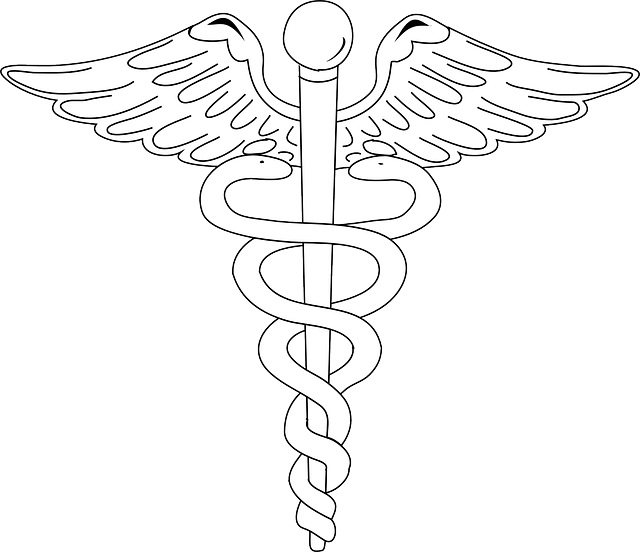Doctor lawyers in Pennsylvania face a complex task prosecuting sexual assault cases due to strict legal definitions and evidence requirements. They must establish non-consent through detailed medical records, witness testimonies, and forensic evidence. Expert witnesses provide crucial insights on medical procedures and consent, ensuring fair verdicts for victims. Effective communication of intricate medical details while preserving patient privacy is key to successful prosecution.
In Pennsylvania, doctor sexual assault cases require meticulous proof and advocacy by skilled doctor lawyers. This article guides you through the complex process, focusing on key strategies used by Pennsylvania lawyer experts to prove these sensitive cases in court. From understanding legal definitions of sexual assault to gathering vital evidence, leveraging expert witnesses, and navigating legal procedures, this resource offers insights for both legal professionals and victims seeking justice.
Understanding Legal Definitions of Sexual Assault

In Pennsylvania, sexual assault is defined as any non-consensual sexual act committed against an individual’s will. This includes a wide range of behaviors, from unwanted touching to rape. Doctor lawyers in Pennsylvania must navigate complex legal definitions and evidence requirements to prove these cases in court. They need to establish that the accused individual engaged in sexual conduct without the victim’s explicit consent, using clear and convincing evidence.
Understanding the nuances of consent is crucial for doctor lawyers in Pennsylvania. Consent must be freely given, specific, informed, and enthusiastic. It cannot be inferred from silence or prior relationships. Lawyers must carefully examine medical records, witness testimonies, and forensic evidence to demonstrate that the victim did not consent to the sexual act, thereby proving their case against the accused doctor.
Gathering Evidence: Medical Records & Testimonies

In Pennsylvania, doctor sexual assault cases often hinge on meticulous evidence gathering by skilled doctor lawyers. A crucial step is to secure comprehensive medical records that document patient encounters and any relevant treatments or examinations. These records can reveal unusual behaviors or inconsistencies that might suggest non-consensual acts.
Additionally, doctor lawyers in Pennsylvania rely heavily on witness testimonies—from patients, healthcare staff, or even experts who can provide insights into the dynamics of the incident. Both tangible medical evidence and subjective accounts play indispensable roles in helping courts understand the nuances of each case and deliver just verdicts for victims.
Expert Witnesses and Their Role in Court

In legal battles involving allegations of doctor sexual assault, expert witnesses play a pivotal role in helping Pennsylvania doctor lawyers build compelling cases. These individuals are crucial as they possess specialized knowledge and expertise in relevant medical fields or legal practices. Their testimony can provide critical insights that assist juries in understanding complex medical procedures, potential consent issues, and the implications of such assaults.
Expert witnesses offer an unbiased perspective on various aspects, including medical standards of care, diagnosis protocols, and the psychological impacts of sexual trauma. They help doctor lawyers navigate intricate legal landscapes by offering well-researched and fact-based opinions that bolster the credibility of the case. Their role is essential in ensuring a fair trial and increasing the chances of justice for victims.
Navigating Legal Procedures for Successful Prosecution

In Pennsylvania, navigating the legal procedures to prove doctor sexual assault in court requires a meticulous approach. Doctor lawyers in Pennsylvania must adhere to stringent rules of evidence and procedure, ensuring every detail is meticulously documented and presented. This includes gathering comprehensive medical records, witness statements, and expert opinions to build a robust case.
The prosecution process involves careful strategy, thorough investigations, and adherence to legal timelines. Doctor lawyers must be adept at handling sensitive information with discretion while effectively communicating complex medical details to both the court and the jury. A successful prosecution relies on this balance, ensuring justice is served without compromising patient privacy or the integrity of medical evidence.






